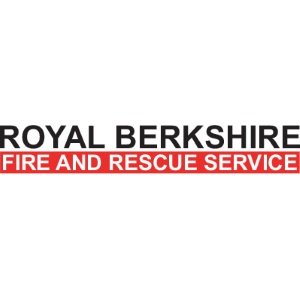Royal Berkshire Fire and Rescue Service (RBFRS) is urging residents to take care when using emollient creams.
The warning comes after research from the National Fire Chiefs Council (NFCC), Anglia Ruskin University, and De Montfort University, which confirmed that both paraffin and non-paraffin emollients can act as accelerants when absorbed into clothing and exposed to naked flames or other heat sources.
Risk due to emollient absorption
Emollients are not flammable in themselves, but the risk occurs when they absorb into fabrics
Emollient products, which include creams, ointments, sprays, and body wash formulations are used by millions of people every day to manage dry, itchy, or scaly skin conditions such as eczema, psoriasis, and ichthyosis. They may contain paraffin or other ingredients such as shea or cocoa butter, beeswax, lanolin, nut oil, or mineral oils which can leave a flammable residue.
These emollients are not flammable in themselves, but the risk occurs when they absorb into fabrics and are then exposed to naked flames or heat sources resulting in a fire that burns quickly and intensely and can cause serious injury or death.
Use emollient with caution
Ian Barks, Central Hub Prevention Manager, said, “This new research confirms that even non-paraffin emollients can pose a serious fire safety risk. If you or members of your family use emollients, take extra care around naked flames and never smoke in bed. If you have a loved one who uses them, take the time to check that they are aware of the risk and are following the safety advice.”
To help protect a person, follow these simple safety steps:
- Never smoke in bed.
- Do not smoke if there is any chance the clothing or dressings could be contaminated with these products.
- Do not cook with gas or electric hobs, if there is any chance the clothing or dressings could be contaminated with these products.
- Do not sit too close to any open fires, gas fires, or halogen heaters.
- Wash clothing and bedding daily at the highest temperature recommended by the fabric care instructions. This should reduce some of the contamination but will not remove it completely and so washing fabrics does not completely remove the fire risk.
















